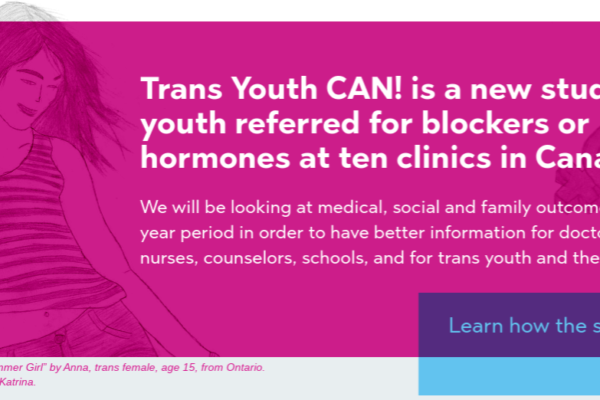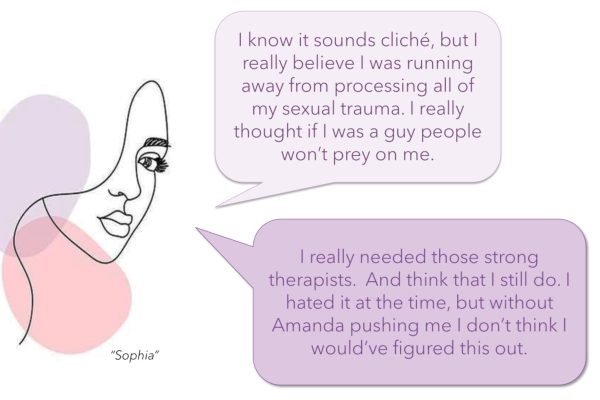Transitioners and detransitioners have admitted that they’ve been coached by therapists in terms of what to say in order to access hormone therapy. But are therapists influencing children and young people in that direction?
Consider the following exchange between a 12 year old girl and her therapist by text message:
Professional Standards?
Colleges that govern the professional conduct of social workers and therapists have professional standards by which their members must comply. “Undue influence” is one area that is outlined in the professional standards. Therapists must not influence their clients to make decisions, particularly in life-impacting decisions. An example from one College:
Undue Influence and Abuse
Clients and/or their representatives may be emotionally and otherwise vulnerable. At the same time, clients may be particularly influenced by the views or suggestions of their psychotherapist. … In addition, members sometimes work with clients who are dealing with life-changing events and end-of-life decisions (for example, when clients are executing a will or power of attorney). Members must guard against influencing the autonomy of clients in these decisions.
Medical gender transition is a life-changing event. Many parents turn to therapists to find help for their adolescent children if they suddenly declare a trans identity out of the blue. However, if this therapist is following the doctrine of “affirmation”, it seems to be very leading, rather than engaging in open exploration in order to understand why a young person may have suddenly decided to identify as a different gender.
“I feel like I still look like a girl. I’m basically certain I’m a boy” is what the 12 year old girl says.
What does “basically certain” mean? Is she really certain? What does she think it means to be “a boy”? What is it about her “look” that she doesn’t like? Her therapist does not make any attempt to explore these questions.
“I still FEEL like I seem like a girl”
Again, what does this mean? What does the 12 year old client who has just started to go through puberty think it means to be a boy vs a girl?
Affirming or Influencing?
While psychotherapists are increasingly being required under law to “affirm” a young person in their gender identity, it is also important that they are not exercising undue influence over their young and vulnerable client’s life-changing decisions.
“I also just simply feel stressed with things”
Why does the therapist not inquire about this statement from an open and exploratory perspective? Instead, the therapist suggests that the source of the 12 year old’s distress is the incongruence between the “outer and inner”. The 12 year old doesn’t understand what this means, and asks about it. The therapist then explains “your biological body is still feminized, genitalia, etc Your brain, your heart, they feel like a boy/man”
“Last year was great, I was a really happy person”
Why was last year at age 11 “great” and this year isn’t? No exploration.
A text exchange between a 12 year old client and therapist late at night is inappropriate, to begin with. We also don’t see what’s happened in previous therapy sessions, but if this exchange is any indication, the therapist appears to have already decided that the source of her client’s distress is her body. Full stop. No other questions asked.
A “magic seeds” journaling exercise is suggested to the 12 year old client after this exchange. Has the therapist not planted enough seeds of her own? How would a 12 year old be able to write about anything other than the incongruence between her body and her “heart” after this?
“Welcome to Trans101” says the therapist.
Backstory
The 12-year-old girl joined an LGBT club because she was having trouble fitting in and looking for a new social circle. Her mother found her the group and was supportive of her daughter’s transgender identity until she became aware of the increasing and inappropriate influence from various adults her daughter was associating with. Almost all of the social group at the club is now identifying as “trans”.




